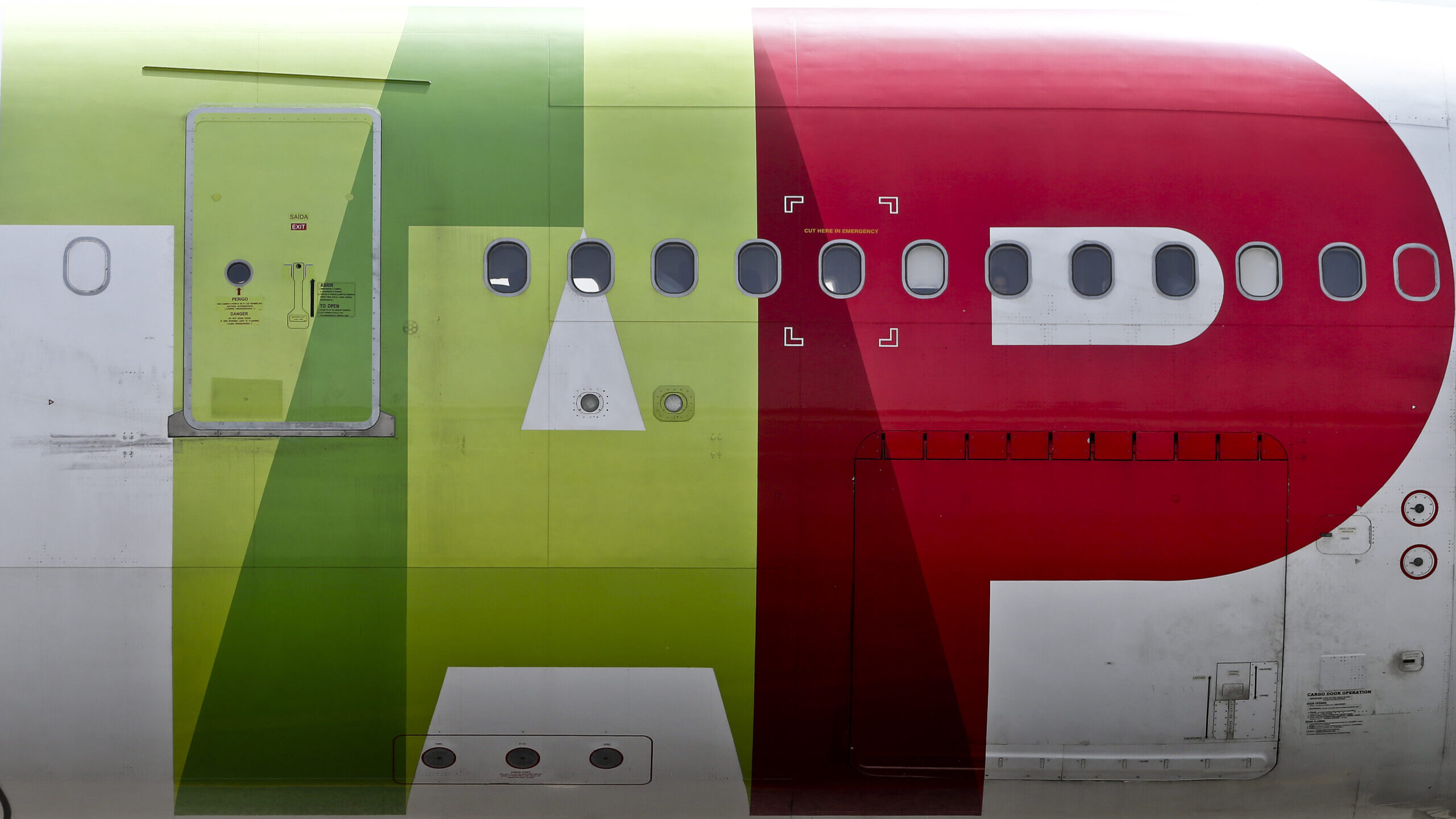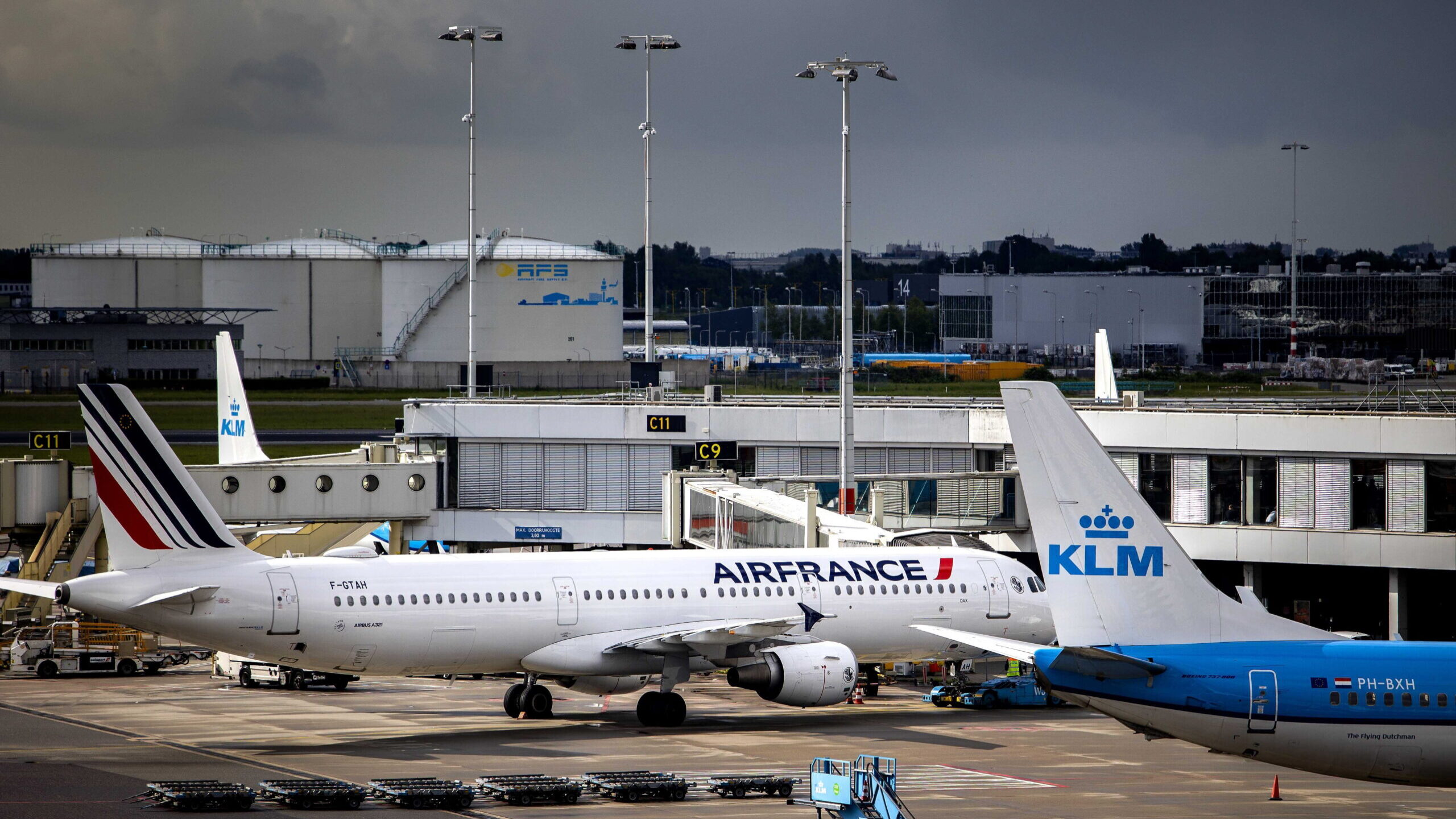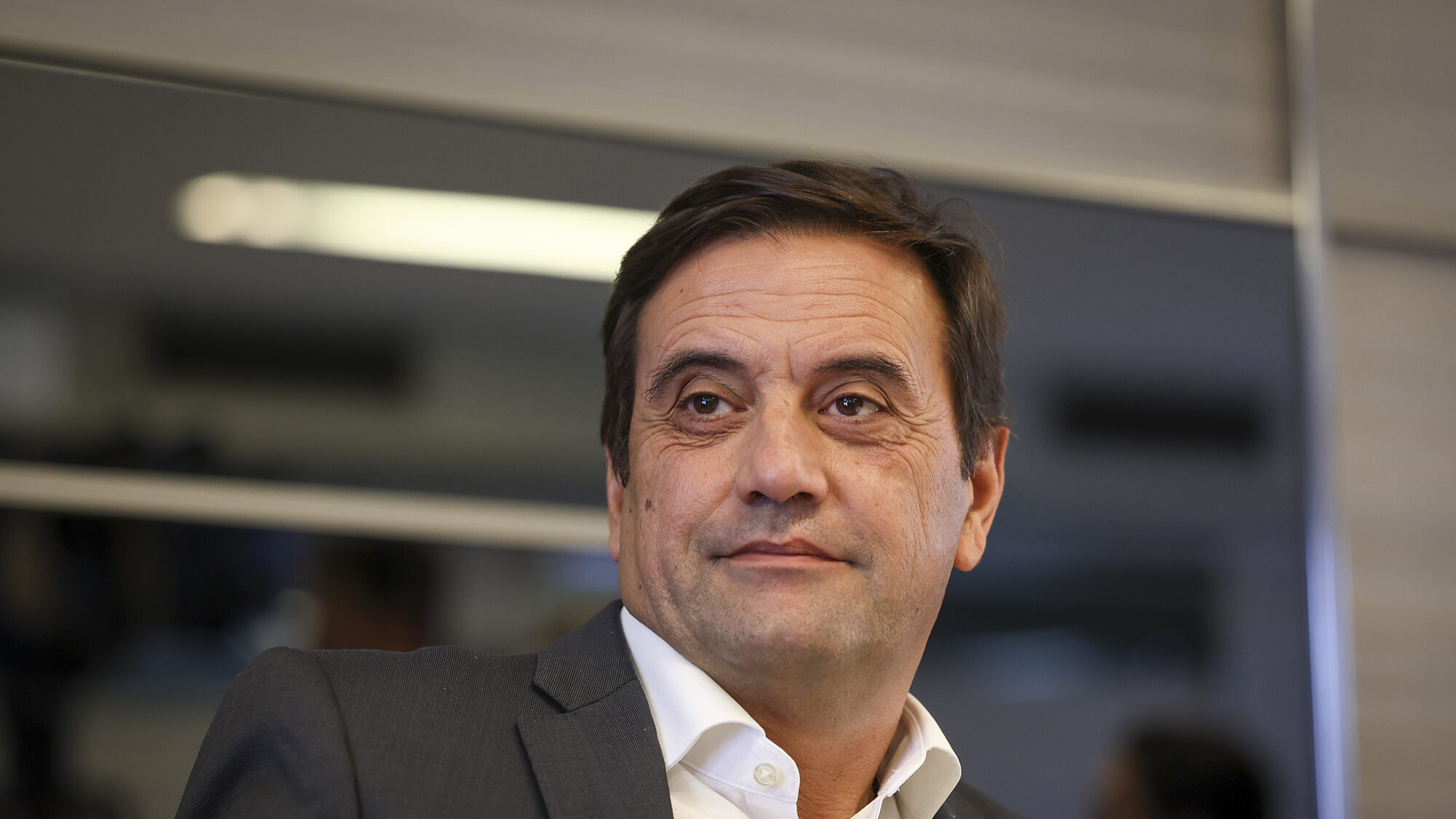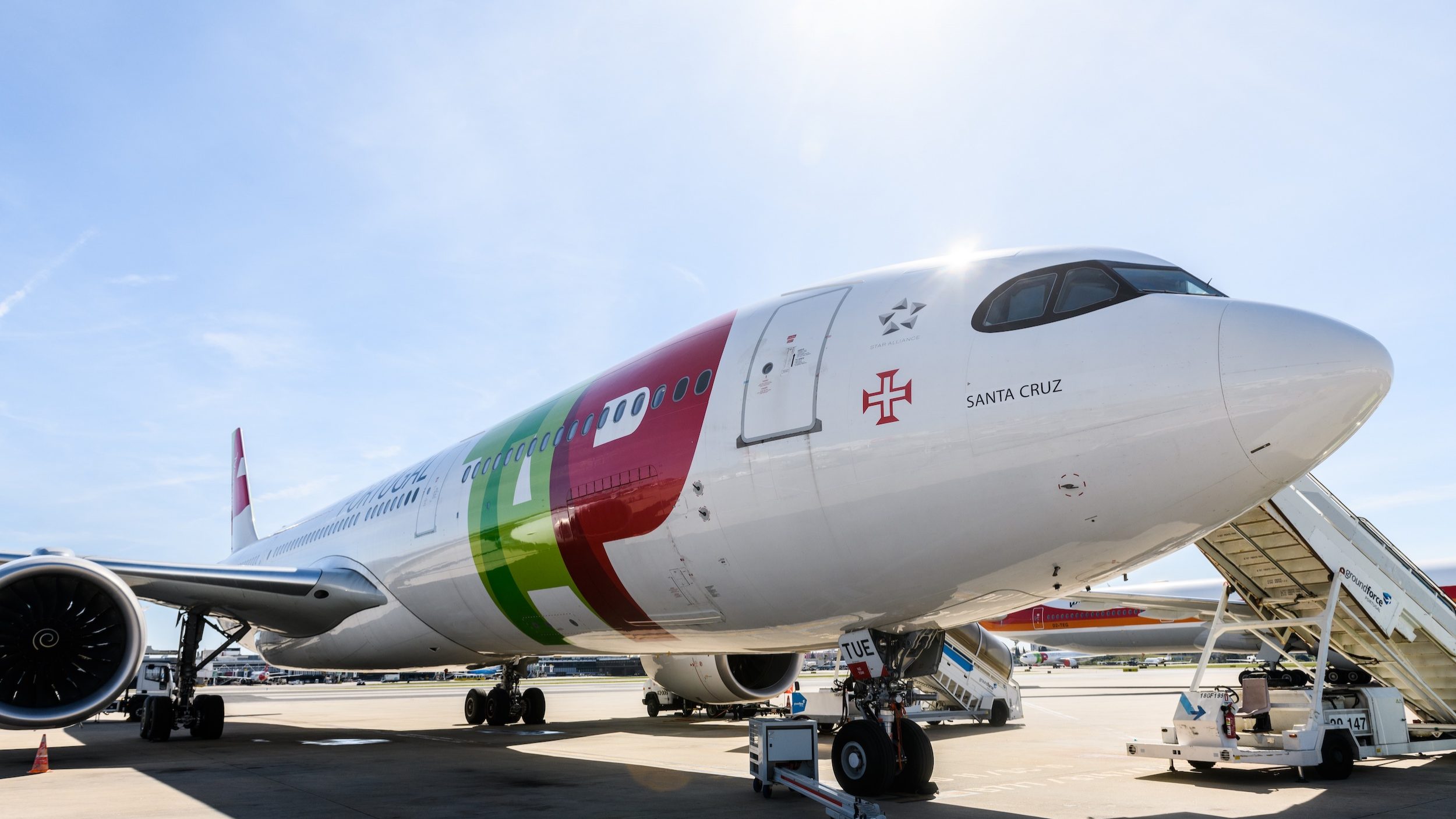TAP was the only major airline to increase profits during the summer
The Portuguese carrier's third-quarter results look good compared to its competitors who want to buy it. The weakness is the deterioration in operating profit.
The months of July to September are valuable for TAP, and the third quarter of this year proved it once again, with the Portuguese airline’s figures standing out from the competition in some indicators, after falling well below in the first half of 2025.
What is traditionally the best quarter for airlines brought some disappointments, particularly in the lucrative traffic between Europe and the US, which was penalised by Donald Trump’s tariff policy and immigration restrictions. In a context of strong competition and capacity growth, the downward trend in average ticket prices continued in most markets.
The result was modest revenue growth which, in the case of the IAG Group (owner of British Airways and Iberia), meant stagnation. Lufthansa performed best (4.3%), followed by TAP (2.7%) and Air France-KLM (2.6%), the first to formalise its interest in the privatisation of the Portuguese carrier.
Nuno Esteves, a financial analyst specialising in the aviation sector, points out that “fleet limitations and operational constraints at Humberto Delgado Airport continued to affect TAP’s results”, but highlights the improvement in several operational indicators, such as an increase in seat capacity (+4%), more passengers carried (+4.2%) and more flights operated (+1.6%). These are factors that “helped to ease the pressure on unit revenues, especially in the North American and Brazilian markets, where competition has been intensifying”, he points out.
The quarter also saw cost containment among European aviation groups, facilitated by the fall in jet fuel prices. In this indicator, TAP stood out negatively, with operating costs rising by 4.8%. This development was explained by increased personnel expenses and traffic operating costs, the latter “due to greater use of ACMI [aircraft leasing with crew] to mitigate supply chain problems that affected fleet availability”.
Nuno Esteves also notes that “staff costs continue to rise, having grown in 13 of the last 15 quarters following state intervention, at a rate clearly out of step with the trend of stagnating revenues”.
The Portuguese airline’s operating results worsened compared to the summer of 2024, with EBIT falling 7.6% to €198.5 million, contrasting with improvements of 2% at IAG and 1.9% at Air France-KLM. Only Lufthansa, which is undergoing a restructuring process, fared worse, with a drop of 8.1%.
Despite the deterioration in operating results, TAP was the only one to achieve an increase in profits in the third quarter, with significant growth of 15%. Lufthansa recorded a double-digit drop (11.8%).
The Portuguese company also stands out for having achieved the second-best operating margin in the summer months, at 15%. The champion remains the IAG Group, with a margin of 21.6%.
The analysis of the third quarter financial figures also shows that TAP continues to have the cheapest operation, but it is also the one that generates the least revenue per passenger. The carrier has a revenue per seat kilometre of 7.78 cents, well below the Lufthansa Group’s 9.4 cents. And the evolution of the indicators was not positive for the Portuguese carrier, with the cost per seat-kilometre (CASK) increasing by 5.2% and passenger revenue per seat-kilometre (PRASK) falling by 3.6%. Although smaller, the evolution was also negative for the other companies.
After a loss of €70 million in the first half of 2025, the third quarter allowed TAP to increase its results since the beginning of the year to €55 million, enough to attract interest in acquiring a minority stake, a group that includes Air France-KLM, IAG and Lufthansa.
“As for the privatisation process, although these results are not particularly strong — albeit positive — TAP’s fundamentals remain intact”, says Nuno Esteves.
The financial analyst also points out that TAP is heading into its fourth year of profits, supported by a modern fleet of 99 aircraft, and maintains “a leading position in the Brazilian market, where it operates 15 direct routes and holds a market share of around 31%”. In addition to benefiting from “stable leasing costs, a moderate debt profile and sustained growth in key operating indicators, in an environment of relative labour stability”.
Finally, Nuno Esteves considers that, “even so, TAP needs a favourable end to the year to consolidate its profit trajectory”, recalling that in the last quarters of 2023 and 2024 it posted losses of €26 million and €65 million, respectively, mainly due to an increase in its fixed costs.



